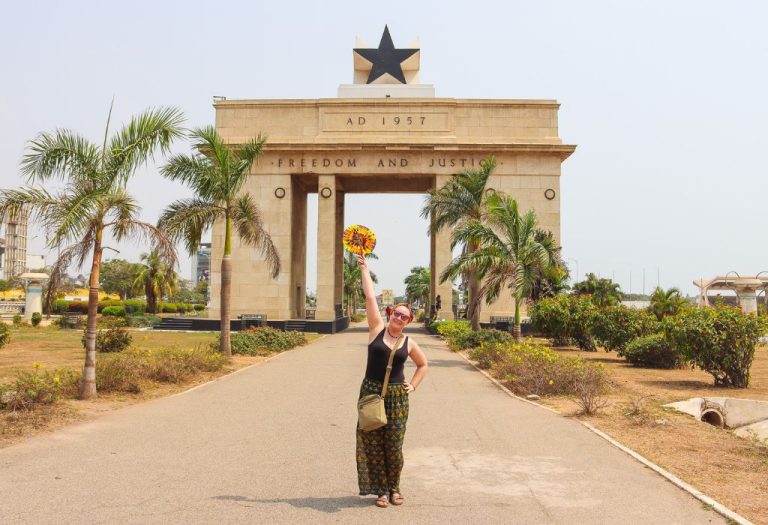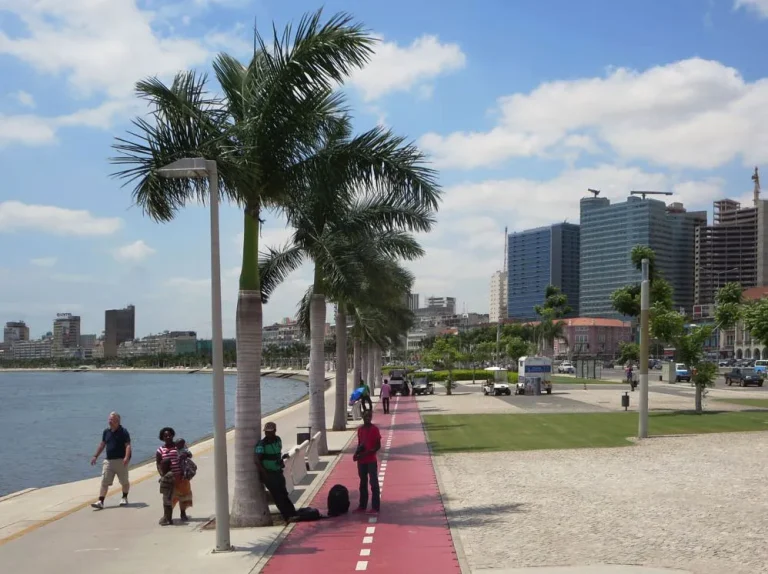Relocating to Austria from Nigeria is an exciting prospect, offering numerous opportunities for professional growth, education, and a high quality of life. This guide will provide you with essential information on why you should consider relocating to Austria, how to estimate the cost of living, the different types of relocation visas available, and what to expect as a Nigerian in Austria.
Reasons to Relocate to Austria
- High Quality of Life: Austria consistently ranks high in quality-of-life indexes due to its excellent healthcare system, high standard of living, and beautiful natural landscapes.
- Strong Economy: Austria boasts a stable and prosperous economy with numerous opportunities in sectors such as engineering, technology, tourism, and finance.
- Education: Austria is home to world-class educational institutions, making it an attractive destination for students and academics.
- Cultural Heritage: Austria is rich in history and culture, with numerous museums, historical sites, and a vibrant arts scene.
- Safety: Austria is known for its low crime rates and overall safety, making it an ideal place to live and raise a family.
Estimating the Cost of Living
The cost of living in Austria can vary depending on the city you choose to live in. Here’s a rough estimate of monthly expenses:
- Housing: Rent for a one-bedroom apartment in Vienna ranges from €700 to €1,200 (which is approximately ₦601,979 to ₦1,031,964), while in smaller cities like Graz or Innsbruck, it can be between €500 and €900 (which is approximately ₦429,985 to ₦773,973).
- Utilities: Expect to pay around €150 to €250 per month (which is approximately ₦128,995 to ₦214,992) for utilities (electricity, heating, cooling, water, garbage).
- Groceries: Monthly grocery costs for a single person are approximately €250 to €400 (which is approximately ₦214,992 to ₦343,988).
- Transportation: A monthly public transportation pass costs around €50 to €60 (which is approximately ₦42,998 to ₦51,598) in major cities.
- Health Insurance: Health insurance is mandatory in Austria, and contributions are typically deducted from your salary. The cost varies depending on your income and specific health insurance provider.
Types of Relocation Visas and Application Processes
Red-White-Red Card
This visa is designed for highly skilled workers and allows you to live and work in Austria for up to two years, with the possibility of extension.
- Eligibility: Must be highly skilled in a shortage occupation, self-employed key workers, or start-up founders.
- Application Process:
- Find a job or start a business in Austria.
- Submit an application to the Austrian embassy or consulate in Nigeria with required documents (passport, proof of qualifications, employment contract, proof of accommodation, etc.). Wait for the decision, which can take up to eight weeks.
Job Seeker Visa
This six-month visa allows highly qualified non-EU nationals to enter Austria and search for a job.
- Eligibility: Must score a minimum of 70 points based on criteria like qualifications, work experience, language skills, and age.
- Application Process:
- Fill out the application form and gather necessary documents (passport, proof of qualifications, CV, proof of funds, etc.).
- Submit the application to the Austrian embassy or consulate in Nigeria.
- Wait for the decision, which can take up to 12 weeks.
Student Visa (Visa D)
This visa is for non-EU nationals who wish to study in Austria.
- Eligibility: Must have an acceptance letter from an Austrian educational institution.
- Application Process:
- Gather required documents (passport, acceptance letter, proof of funds, proof of accommodation, health insurance).
- Submit the application to the Austrian embassy or consulate in Nigeria.
- Wait for the decision, which can take up to 12 weeks.
Family Reunification Visa
For family members of Austrian citizens or residents.
- Eligibility: Must be a spouse, registered partner, or child of an Austrian citizen or resident.
- Application Process:
- Gather required documents (passport, proof of relationship, proof of income and accommodation of the sponsor).
- Submit the application to the Austrian embassy or consulate in Nigeria.
- Wait for the decision, which can take several months.
What to Expect as a Nigerian in Austria
- Cultural Adjustment: Austria has a different culture and way of life compared to Nigeria. It is important to be open-minded and willing to adapt to new customs and social norms.
- Language: German is the official language, and while many Austrians speak English, learning German will significantly enhance your experience and integration.
- Community: There are vibrant Nigerian and African communities in Austria, particularly in larger cities like Vienna. These communities can provide support and help you feel more at home.
- Weather: Austria experiences four distinct seasons, with cold winters and warm summers. Be prepared for seasonal changes and invest in appropriate clothing.
- Bureaucracy: Austria is known for its efficient but sometimes complex bureaucracy. Ensure you have all required documents and be prepared for possible administrative hurdles.
Relocating to Austria offers a wealth of opportunities for Nigerians seeking a better quality of life, education, and career prospects. By understanding the cost of living, navigating the visa application process, and preparing for cultural adjustments, you can make a successful transition to your new life in Austria.









Leave a Comment